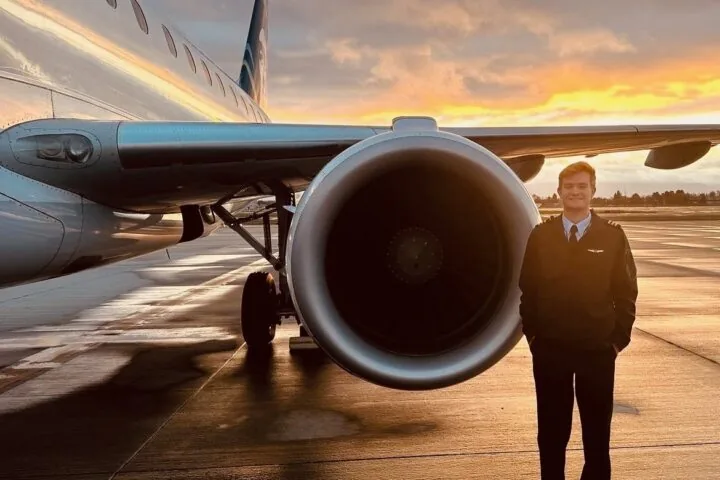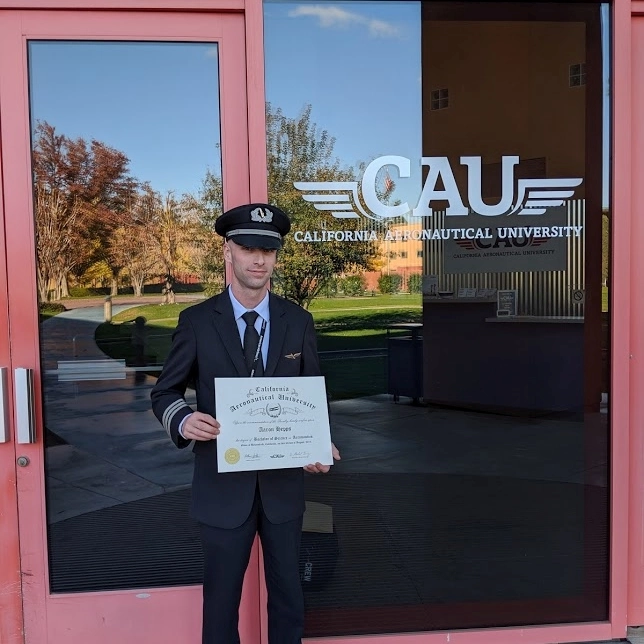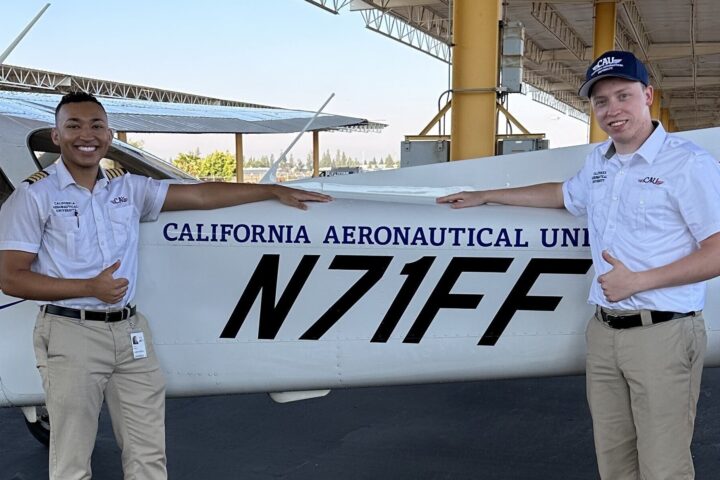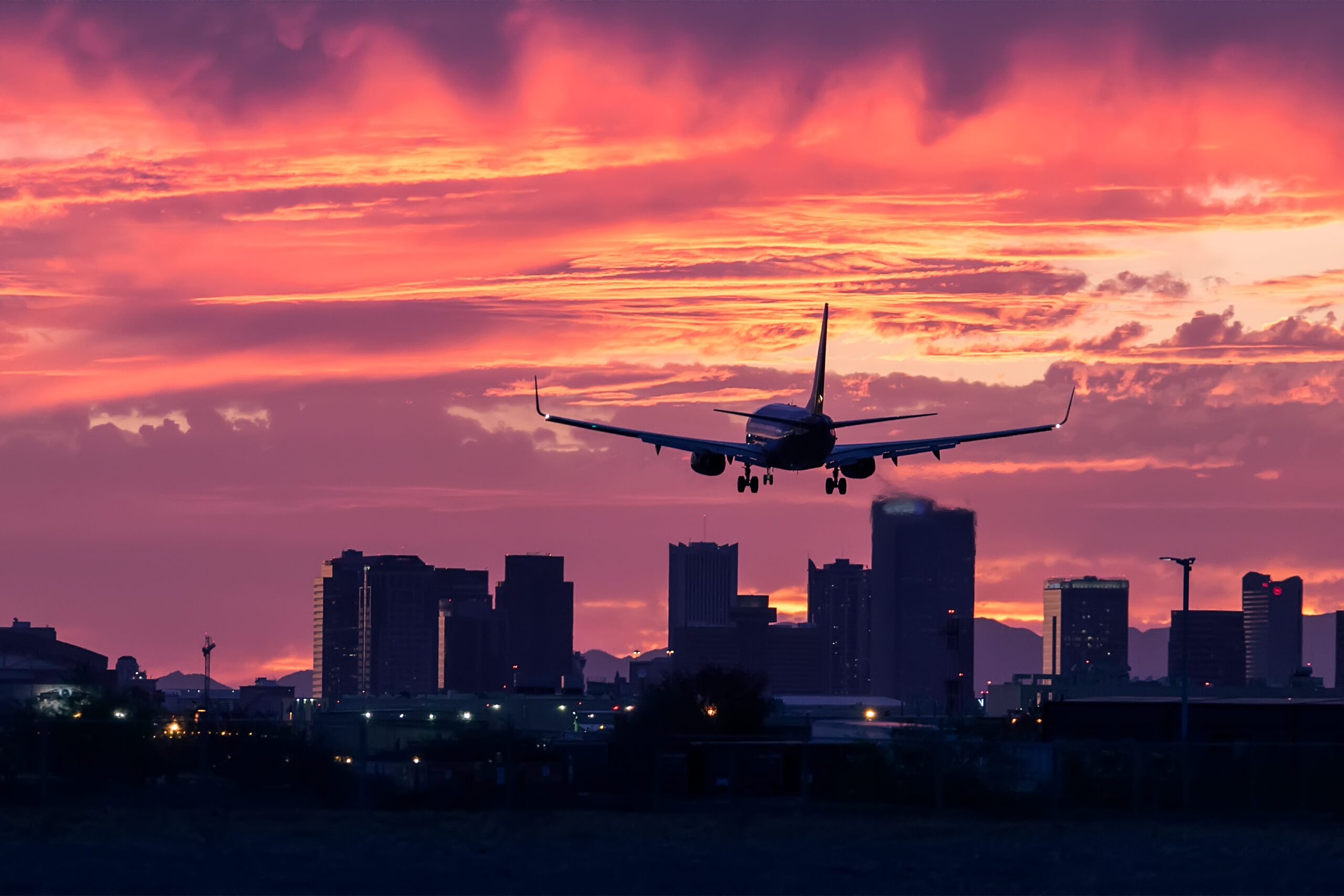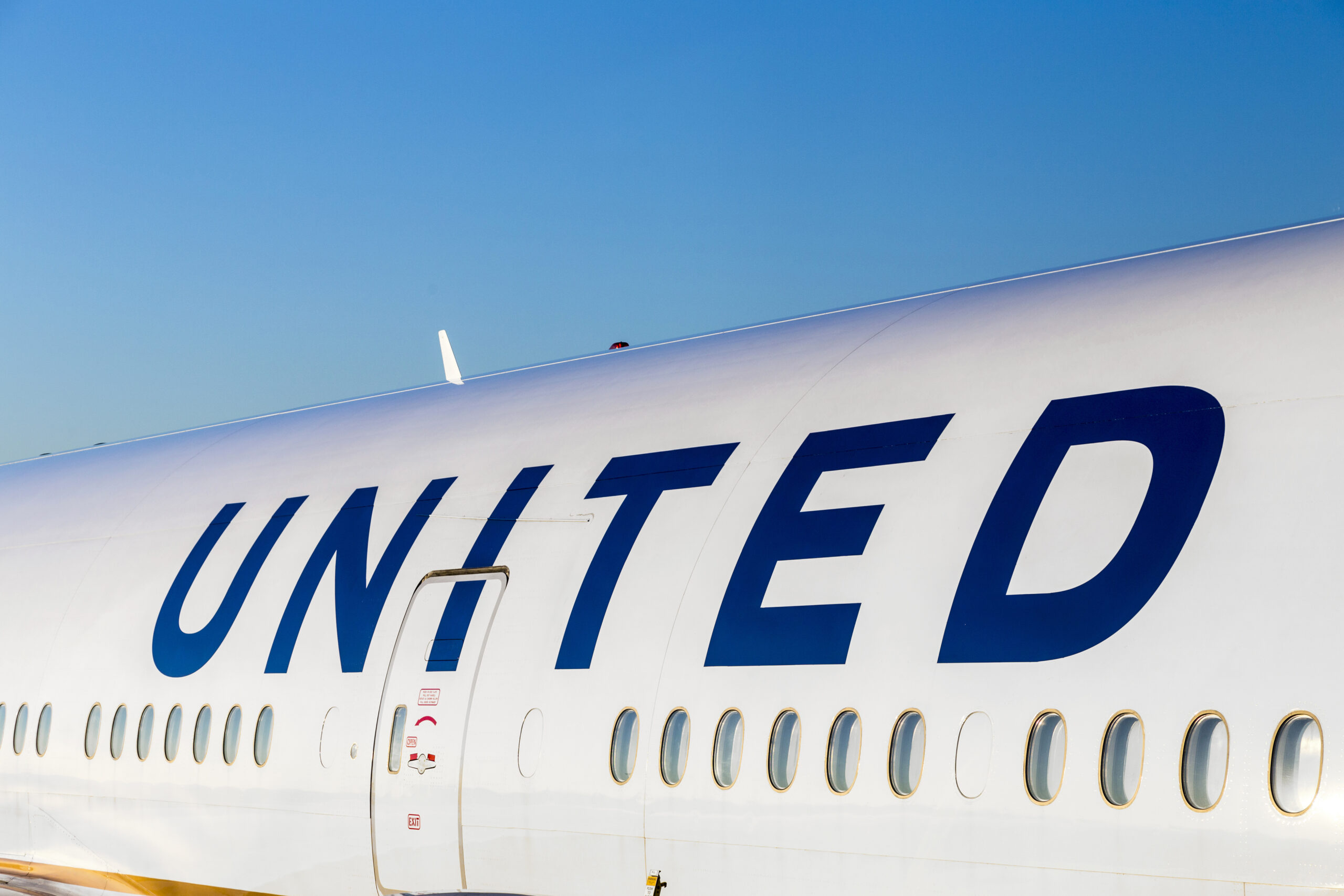Pilots who begin flight training with the goal of making a living in the cockpit are in a much better position to do so than those with similar plans about 20 years ago. Post 9/11 and the economic struggles which followed, becoming a pilot was difficult. In fact, less than a decade ago, if someone was lucky enough to score an entry level job as a first officer, the salary might be as low as $16,000.
Today, a roaring economy, increased communication, targeted education programs, and a combination of other factors have translated to signing bonuses, a broad array of options, and rising pay rates for pilots. Anyone who wishes to enter the aviation field in 2019 is doing so at an excellent time.
But what are the realities of the “pilot crisis,” and why does it make learning to fly a good career option? Let’s discuss the current status of the pilot shortage and what it means for those who would like to fly for a living.
Is There Really a Pilot Shortage?
First, understand that some disagree that the pilot shortage is a reality and that reports of a true crisis are overblown, since some areas of the aviation industry are not on a hiring binge. However, a simple glance at the general trends of certain sectors of the airline industry are sending signals that a need for pilots is increasing. Boeing projects that the industry will require almost 800,000 new pilots over the next twenty years to fill demand. In fact, the inability to fulfill customer demand due to understaffing has caused the cancellation of flights or even entire routes to smaller cities and rural areas.
Many who claim that the pilot shortage is a myth are not considering the increasing need of cargo, not passenger, flying. Here we see the fruits of the explosion of e-commerce. While sites like Amazon and eBay were doing well in the days of laptop computers, consumers now don’t even have to wait to get home to order what they want, when they want it. The ability of everyone with a smartphone to stand in the aisle of a big box store and order a flatscreen TV for $27 cheaper from the other big box store across town has had a massive impact on air transportation.
Why Is There a Pilot Shortage?
Another is that while many people can benefit from flight training in any number of ways, becoming a professional pilot requires dedication, a certain skill set, and time. Since safety is the first consideration in any proper aspect of the aviation industry, it takes a while to gain the seasoning required to become a commercial pilot.
Finally, simple generational demographics are setting off a wave of retirements. Baby boomers are reaching the FAA’s mandatory retirement age in increasing numbers, and members of Generation X or Millennials, struggling under loads of student loan debt, have turned away from aviation in recent years in favor of higher paying industries. All of these factors have led to a hiring boom in certain sectors of aviation.
Where Is the Pilot Shortage Most Apparent?
Regional airlines and low cost carriers are most heavily hit by the pilot shortage. Right now, regional airlines are offering signing bonuses of up to $45,000 or even $60,000. Numbers such as this were inconceivable just a few years ago. Partly, they are appearing because salaries of regional pilots have been so depressed for so long, and those who fly for these smaller airlines, although professionals, may not have as much as experience as those who fly for mainline airlines. (that is, traditionally large carriers such as Delta and United).
What are these regional airlines? They have names GoJet, Skywest, ExpressJet, and Horizon, and Sky Regional. You have probably flown on a regional airline without even knowing it. They have agreements with major airlines to ferry passengers on short local routes. Therefore, even if you buy a ticket on American Airlines, you likely fly from a smaller outstation to a smaller hub with one of AA’s partner airlines.
Even during this shortage, regional airline pilots tend to stay at less ritzy hotels, enjoy fewer perks, and command less desirable schedules than mainline pilots. In general, regional airlines are somewhat regarded as the “farm team” for mainline jobs. Usually, a pilot flying for a regional airline stands a better job than an outsider of snagging a mainline job as his or her service time increases. Many lifetime airline pilots begin their professional careers at regional carriers. Some stay with the same smaller companies in order to live in a certain base; others migrate to other opportunities in the industry, such as corporate flying.
What Does This Mean for Aspiring Professional Pilots?
Some might worry that the hiring binge in some sectors of aviation might lead to a frantic grab for all comers. While it’s true that it’s not necessary to have first been a military pilot or a college degree to become a high-earning pilot, the FAA still stipulates certain standards for commercial pilots in to operate in the United States.
This should be an exciting time for new pilots, but also one of realistic expectations. Finding a pilot to talk to about the realities of working as a professional is important, as is concentrating on becoming the most efficient, safest, most reliable aviator you can. Just as in any industry, building a track record of professional behavior and developing specialized skills will serve you well.
That begins in the classroom. Studying aerodynamics, keeping current on accident trends and industry changes, and remaining open to technological changes will form the bedrock of any career. In addition, staying alert, becoming proficient in speaking with air traffic control, and eventually mentoring newer pilots are part of keeping the aviation community healthy and robust.
If you would like to become a professional pilot, it’s a wonderful time to begin. It’s a lifestyle many dream of, and 2019 is a prime time to make that a reality.
Ready to soar in your aviation career?
Mr. Matthew A. Johnston has over 23 years of experience serving various roles in education and is currently serving as the President of California Aeronautical University. He maintains memberships and is a supporting participant with several aviation promoting and advocacy associations including University Aviation Association (UAA), Regional Airline Association (RAA), AOPA, NBAA, and EAA with the Young Eagles program. He is proud of his collaboration with airlines, aviation businesses and individual aviation professionals who are working with him to develop California Aeronautical University as a leader in educating aviation professionals.

